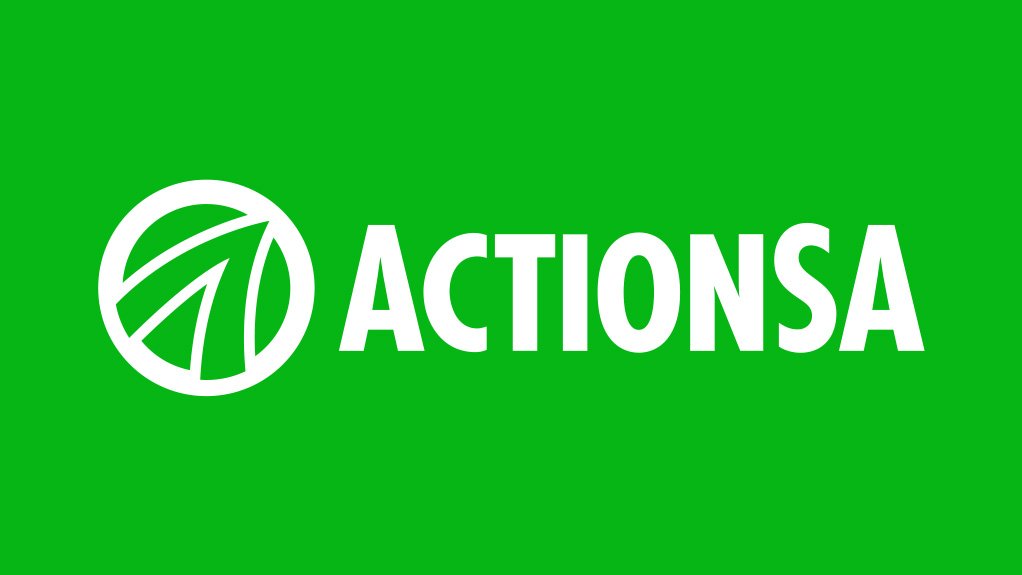/ MEDIA STATEMENT / The content on this page is not written by Polity.org.za, but is supplied by third parties. This content does not constitute news reporting by Polity.org.za.
ActionSA is not surprised by the cholera outbreaks around the country. Given the poor maintenance of water treatment infrastructure and water distribution networks in the province, we expect the Eastern Cape not to be spared from this preventable and entirely avoidable health disaster. Cholera is a third-world disease that should not be rearing its ugly head in our Capital City and others across the country.
Municipalities are responsible for operating wastewater treatment plants and must submit monthly reports on the quality of the effluent they discharge into rivers, water courses and directly into the ocean. The lack of accountability and political will on the part of the provincial and national governments to demand compliance from those local municipalities that are guilty of contaminating freshwater sources with raw sewage exacerbates the risk of a latent and pervasive cholera outbreak in the province. The majority of wastewater treatment works in the province are less than 50% compliant with the minimum effluent discharge standards.
In the memorandum that ActionSA handed over to the representatives of Premier Oscar Mabuyane on 26 April 2023, ActionSA highlighted the high risk of a potential health disaster owing to the inadequate treatment of wastewater and the lack of maintenance of water treatment infrastructure:
“ActionSA is alarmed by the growing number of reported incidences of sewerage that has been allowed to flow into coastal waters of the Eastern Cape. These incidences are hidden from the unsuspecting residents and visitors of our coastal towns. The principal cause of sewerage discharges is the lack of maintenance of water treatment infrastructure, which is a dereliction of duty on the part of those mandated with the upkeep of municipal infrastructure. We are concerned about the risk of a health disaster as a consequence of the sewerage contamination.”
The poor quality of drinking water in the province, will not only affect ordinary residents but will also affect the economy as there are sectors like agriculture and the ocean economy that are adversely affected by the sewage discharge. Eco-sensitive economic development cannot coexist with dirty development. Our rivers and oceans are being polluted at an alarming rate with our riverine ecology and marine life being decimated.
Cadre deployment and tender corruption hamper the sourcing of the requisite technical skills and the necessary capital investment needed to improve the effective and efficient operation of wastewater treatment plants in the province. Furthermore, the province has disappointingly been forfeiting conditional infrastructure grants for the past five fiscal years, which could have assisted in mitigating the disaster.
In response to questions from members of the provincial legislature in 2022, Cooperative Governance and Traditional Affairs (CoGTA) MEC, Xolile Nqatha, admitted that sewage contamination pervades the water courses of the province. This situation is impacting very negatively on our agricultural production in the province with most irrigation sources being compromised by high E. coli concentrations and high raw sewerage-related salt levels. Nowhere is this more evident than in the critically important Fish River irrigation system that is adversely impacted by the dysfunctional Cradock wastewater treatment works and other similarly dysfunctional municipalities that discharge their inadequate and, in many instances, untreated wastewater directly into the river. This situation can have severe health consequences for the people of the province and could even prejudice the entire agricultural produce export market which would have devastating economic and job loss consequences.
In January of this year, residents of Buffalo City Metropolitan Municipality were up in arms due to the sewerage flowing into rivers and beaches. Overflowing sewer pump stations are cited as the cause of the pollution at the rivers and beaches in Nahoon and Gonubie. The wastewater treatment plants in Buffalo City are in a perilous state owing to mismanagement and infrastructural vandalism. In 2022 residents of the areas surrounding Swartkops in Nelson Mandela Bay shared videos on social media of raw sewerage being discharged into the Swartkops River from the nearby Fishwater Flats wastewater treatment plant. Water shortage issues in Makhanda have been compounded by the discovery of E. coli in the already very scarce resource. This is hardly surprising if one considers that there is, for all intents and purposes, no effective wastewater treatment in Makhanda and no one in government gives a damn.
ActionSA demands an emergency plan that outlines urgent measures that will be immediately put in place by the CoGTA MEC to overhaul water treatment and distribution infrastructure, hire the requisite water engineering skills and improve compliance with the minimum effluent standards, so as to avert any avoidable health and economic disasters.
We need the unqualified assurance that long-existing problems, such as the spilling of sewage into all our rivers, has been dealt with. For this mess to be dealt with urgently and effectively, the government needs to do away with the deployment of unqualified incompetent cadres for such complex engineering projects and to make sure that engineering companies with long and credible track records in the field are awarded the responsibility to overhaul the water treatment systems and to manage them properly.
Submitted by ActionSA
EMAIL THIS ARTICLE SAVE THIS ARTICLE ARTICLE ENQUIRY
To subscribe email subscriptions@creamermedia.co.za or click here
To advertise email advertising@creamermedia.co.za or click here











